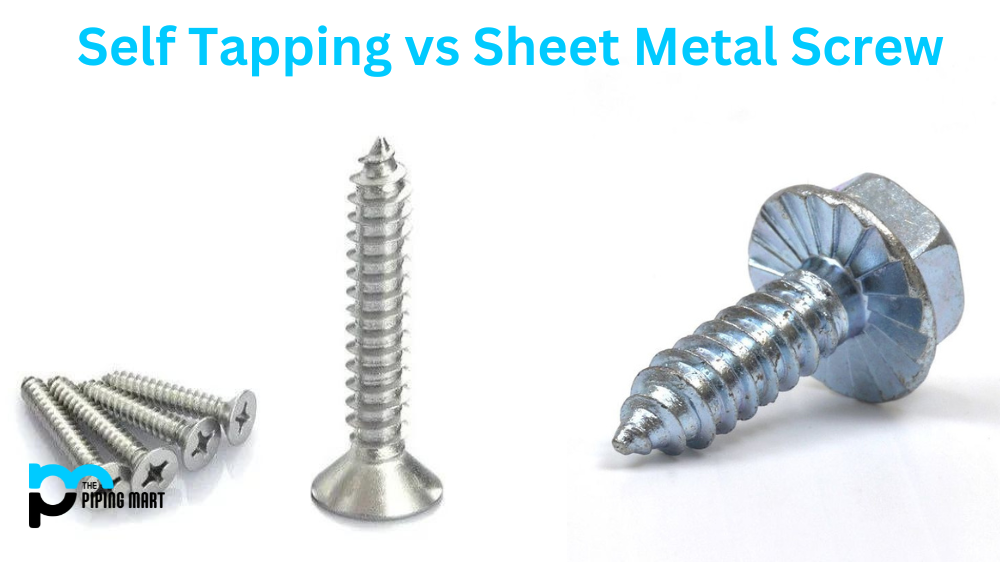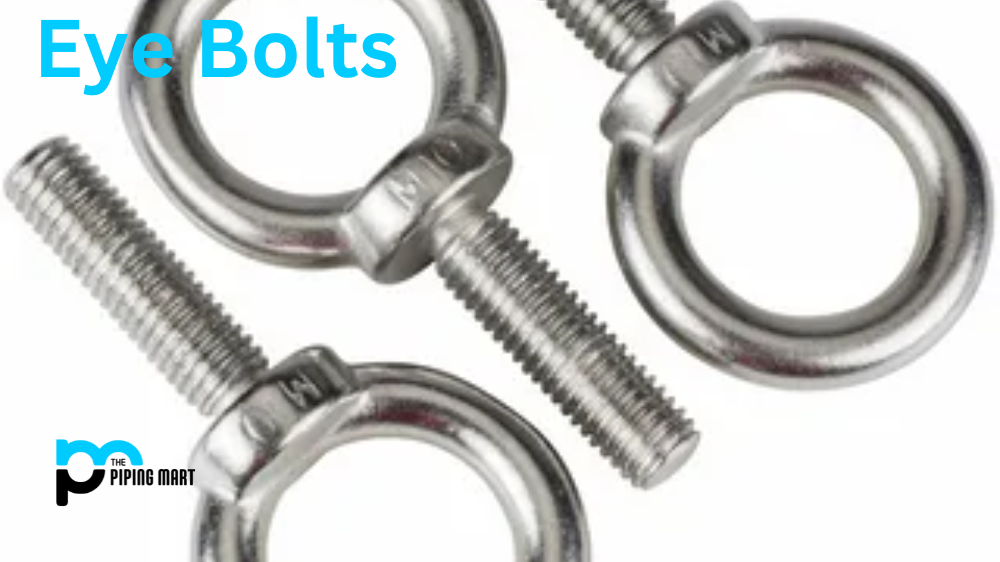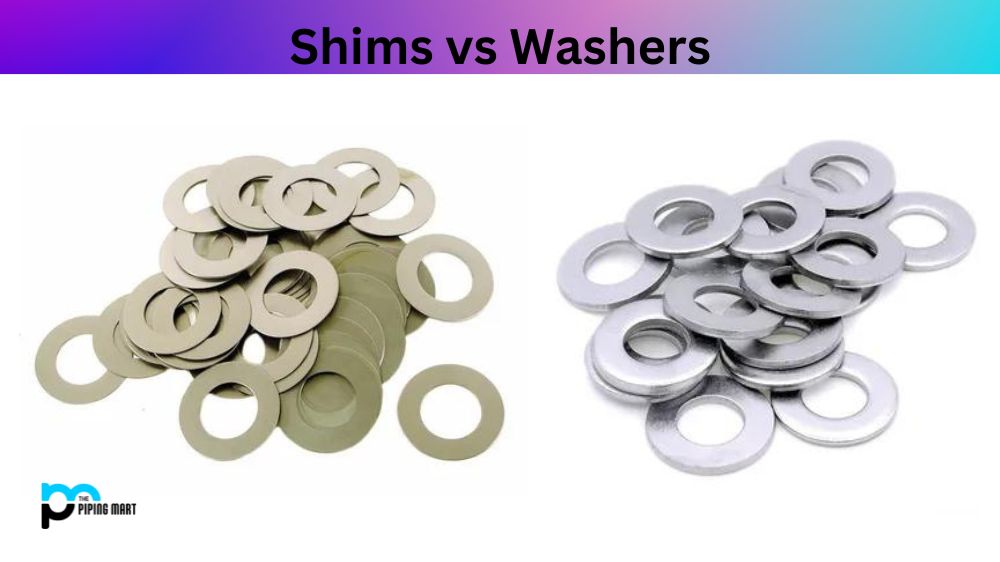Screws are essential for any construction or DIY project, but choosing the right type of screw for the job can be overwhelming. Self-tapping and sheet metal screws are commonly used for fastening materials together but differ in design and function. This blog post explores the differences between self-tapping and sheet metal screws and helps you determine the best for your next project.
Self-Tapping Screws
Self-tapping screws are designed to create their thread as they are screwed into the material. They have a sharp tip that cuts and forms a line in the fabric without needing a pre-drilled hole. Self-tapping screws are commonly used on softer materials like plastic or wood and are ideal for projects where time is a factor.
Sheet Metal Screws
Sheet metal screws are designed with a sharper and finer point than regular wood screws. They also have tighter threads that allow them to hold onto metal surfaces and a flatter head that lays flush against the fastened material. Sheet metal screws are ideal for fastening metal sheets, aluminium, or steel materials with higher torque strength.
Difference Between Self Tapping and Sheet Metal Screw
Uses for Self-tapping Screws
Self-tapping screws are perfect for DIYers working on smaller projects, like installing shelves, assembling furniture, or fastening plastic materials. They are also commonly used in the automotive industry since they work well on softer materials. Self-tapping screws are also an excellent option for installing metal roofing and gutters.
Uses for Sheet Metal Screws
Sheet metal screws are ideal for projects that require high torque strength with precision. They are commonly used in the HVAC industry to fasten metal air ducts, in the electrical industry for electrical panels and switch plates, and in the automotive industry for car bodies.
Which One is Best for You
Now that we’ve discussed the differences between self-tapping and sheet metal screws, choosing the best option for your project is essential. Self-tapping screws are best used on softer materials and work quickly and efficiently. However, if you’re working with metal or require higher torque strength, sheet metal screws are the way to go. Consider the material you’re working with and the specific needs of your project before making your final choice.
Advantages of Self-Tapping Screws
One advantage of self-tapping screws is that they can be used in applications where it is not possible or convenient to tap threads beforehand. Additionally, self-tapping screws typically have a higher shear strength than sheet metal screws, making them ideal for use in applications requiring high shear strength.
Advantages of Sheet Metal Screws
One advantage of sheet metal screws is that they can be used in various materials, including aluminium, brass, and stainless steel. Additionally, sheet metal screws typically have a higher pull-out strength than self-tapping screws, making them ideal for use in applications requiring high pull-out strength.
Disadvantages of Self-Tapping Screws
One disadvantage of self-tapping screws is that they can damage the tapped material if installed incorrectly. Additionally, self-tapping screws are not as strong as sheet metal screws and are not recommended for high-strength applications.
Disadvantages of Sheet Metal Screws
One disadvantage of sheet metal screws is that they can strip more easily than self-tapping screws. Additionally, sheet metal screws are less widely available than self-tapping screws and can be more expensive.
Conclusion
Both self-tapping and sheet metal screws have their unique functions and benefits. They each have specific uses, and choosing the right one is essential to achieve the best results in your project. Consider the material you’re working with and the project’s specific goals before selecting a screw. Using the correct screw will ensure the longevity and stability of your finished product.

Meet Bhavesh, a seasoned blogger with a wealth of knowledge and experience. From metal products manufacturing to retail, Bhavesh has a diverse background in various industries and is dedicated to sharing his insights and expertise with readers.




